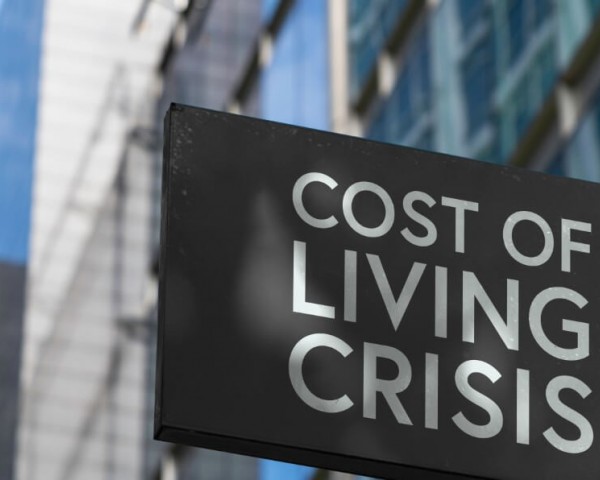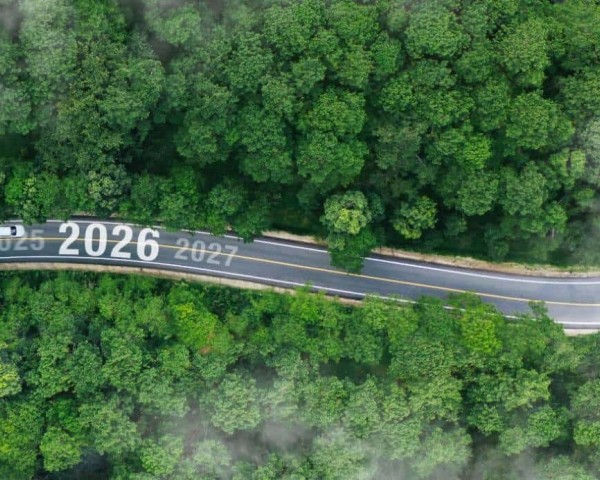The popular Airbnb rents led to the regulations
Since its establishment in 2008, Airbnb, a residence rental platform from counterpart to analogy, has transformed the tourism industry and has sparked a vital discussion about its impact on the real estate market.
By providing an authentic and cost -effective experience, Airbnb attracted millions of users all over the world. However, a completely different fact falls under the stories of exciting flights and attractive gains for guests.
Let’s go deep into how Airbnb, through its sabotage business model, affects the real estate and tourism market, and this is often at the expense of the ambitious real estate owners.
From high real estate prices to the absence of housing available to the local population and their impact on the hotel sector, let’s explore the various effects of Airbnb rental on global tourism.
Exclusive growth story
Airbnb Adventure began in 2007 when two colleagues in the room were in San Francisco, Brian Chisky and Joe Giba, looking for a way to pay their rent. They turned their apartment into a temporary reception space for those looking for night stays, and they offer an inflatable breakfast and breakfast for $ 80 per night. This humble beginning, a solution to a problem, soon became a promising idea.
Their friend Nathan Blecharczyk joined them, and together they launched “Airbed & Breakfast”, which was the introduction to Airbnb.
The emerging company has grown from a few ads to 500 in only two years, with 10,000 users and 15 employees. The founders received $ 7 million in financing to develop the application and expand their concept.
The year 2011 represents a large milestone with a $ 120 million donation effort, which facilitated the international expansion of Airbnb. With Germany and the United Kingdom in the foreground, Europe quickly embraced this alternative to traditional hotels, which is seduced by a new way of traveling and using real estate. This global acceptance of the Airbnb Squapper Airbut model has been validated.
With $ 20 billion collected in 2015 and found in 30,000 cities in 192 countries, Airbnb has evolved from a simple solution to a major player in the tourism sector. Hundreds of millions of customers and 1.5 billion reservations in 2019 confirm their sabotage growth and profound impact on the global scene of tourism.
“Airbnb Effect” in the real estate market
The rapid growth of short -term rents through Airbnb platforms has greatly affected the neighborhoods, often at the expense of the local population and a potential clip. This has led to a noticeable increase in real estate prices in many cities.
The conversion of residential real estate to short -term rents reduces the availability of homes for sale or lease in the long run, which led to ascending pressure on prices. This is particularly influential in tourist centers, where there is a high demand for authentic local experiences through Airbnb.
Moreover, the effect of Airbnb on the traditional rent market is equally important. Real estate owners choose to get rid of lease in the long run.
This transformation has led to a lack of housing for the permanent population, which exacerbates the ability to withstand costs in many cities. Consequently, local communities suffer from a decrease in their social fabric, as housing increases with transient visitors instead of the long -term population.
The effect of Airbnb rental on neighborhoods can lead to issues for residents, including noise and safety concerns, which can generally reduce the quality of life. In response, cities around the world have begun to implement strict regulations, such as limiting days when a drug can be rented or required check -in procedures for hosts. These measures aim to restore balance to the real estate market and maintain the residential feeling of neighborhoods while allowing a reasonable and organized approach to tourism through platforms such as Airbnb.
Hotel sector is another victim
Airbnb rents have become common among travelers looking for reasonable and original accommodations, which led to a decrease in the hotel’s job. This shift in consumer preferences caused tension between Airbnb and traditional hotels due to the differences in taxes and regulations. Specifically, Airbnb rents are subject to a less tax than professional hotel companies, especially benefiting from those classified as leased from the places of tourism furnished under the partial system, who receive 71 % to calculate their income on real estate taxes, and instead of the hotel sector.
Professionals in the hotel sector believe that there is unfair competition, especially when comparing the prices of Airbnb rents in hotels, as the previous lacks the level of service provided by the latter.
Destroyed development
Cities all over the world are organizing short -term rents, aiming to alleviate negative effects while maintaining the economic benefits of tourism. These measures differ from one city to another and it is a testimony to the global response to the sabotage effects of platforms such as Airbnb on real estate and hospitality markets.
For example, in France, it is now necessary to register in the city hall and announce your property in the tax authorities and the tourist office. In addition, a unique number is required, and there are restrictions on the number of nights that one can rent, which is set at 120 a year.
Those who violate these regulations, including Airbnb for their failure to fulfill control obligations, may face large fines ranging from 25,000 to 50,000 euros.
The main goal of these regulations is to prevent the conversion of residential housing into permanent tourist places, thus ensuring that there is sufficient supplies for the residents of Paris.
In the United States, cities like New York and San Francisco implemented strict measures. In New York City, the law prohibits renting entire homes for less than 30 days, with the aim of keeping homes for permanent residents. Meanwhile, San Francisco, where Airbnb was established, established a mandatory registration system for hosts and unit short -term rents to 90 days a year when the host is absent.
These organizational challenges are not limited to the United States. Barcelona, which faces great pressure on tourism, has imposed strict restrictions on new tourism licenses to restore balance in the local real estate market and reduce the impact of collective tourism.
The giant response
Amid global pressure, Airbnb initially refused to share its customer data with the authorities due to privacy protection. However, in the face of the increasing regulatory challenges, Airbnb participated in pressure efforts and appealed to the European Union for arbitration to find a common ground on rented real estate regulations. Despite these efforts, the European Union has implemented one registration system for all hosts, making Airbnb to establish indirect access to its data. As a result of this system, the unique registration number must appear in all ads, making it easier for the European authorities to determine the managers of the potential advertisements and scammers.




Post Comment